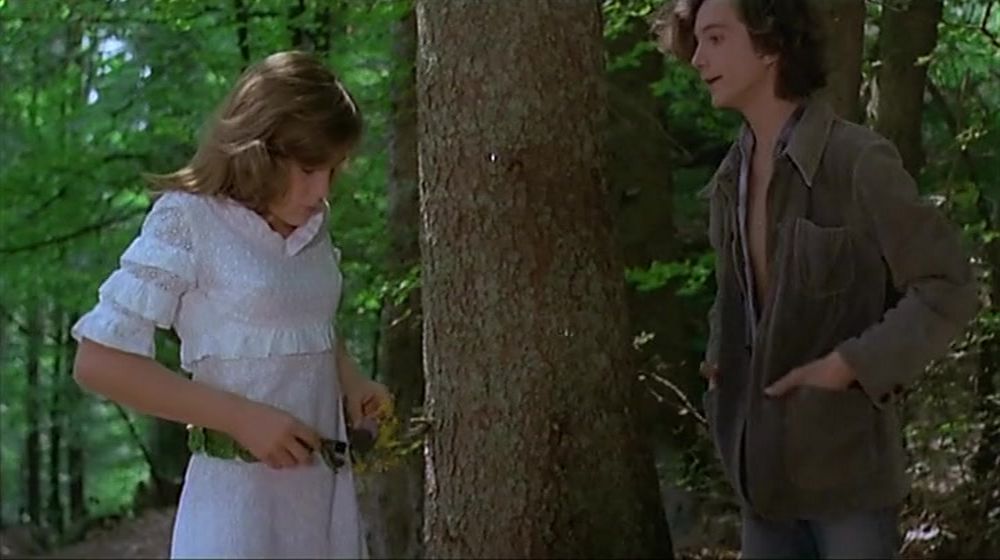

The film also contains frequent references to and several discussions of Friedrich Nietzsche's 1887 book On the Genealogy of Morality, Ezra Pound's poem The Cantos, and Marcel Proust's novel sequence In Search of Lost Time. The story is in four segments, inspired by Dante's Divine Comedy: the Anteinferno, the Circle of Manias, the Circle of Excrement, and the Circle of Blood.

The film explores themes of political corruption, consumerism, authoritarianism, nihilism, morality, capitalism, totalitarianism, sadism, sexuality, and fascism. The libertines kidnap 18 teenagers and subject them to four months of extreme violence, sadism, and sexual and psychological torture. The film focuses on four wealthy, corrupt Italian libertines in the time of the fascist Republic of Salò (1943–1945). The film is a loose adaptation of the 1785 book (first published in 1904) The 120 Days of Sodom by the Marquis de Sade, set during World War II, and was Pasolini's final film, being released three weeks after his murder. Salò, or the 120 Days of Sodom ( Italian: Salò o le 120 giornate di Sodoma), titled Pasolini's 120 Days of Sodom on English-language prints and commonly referred to as simply Salò ( Italian: ), is a 1975 horror art film directed by Pier Paolo Pasolini.


 0 kommentar(er)
0 kommentar(er)
